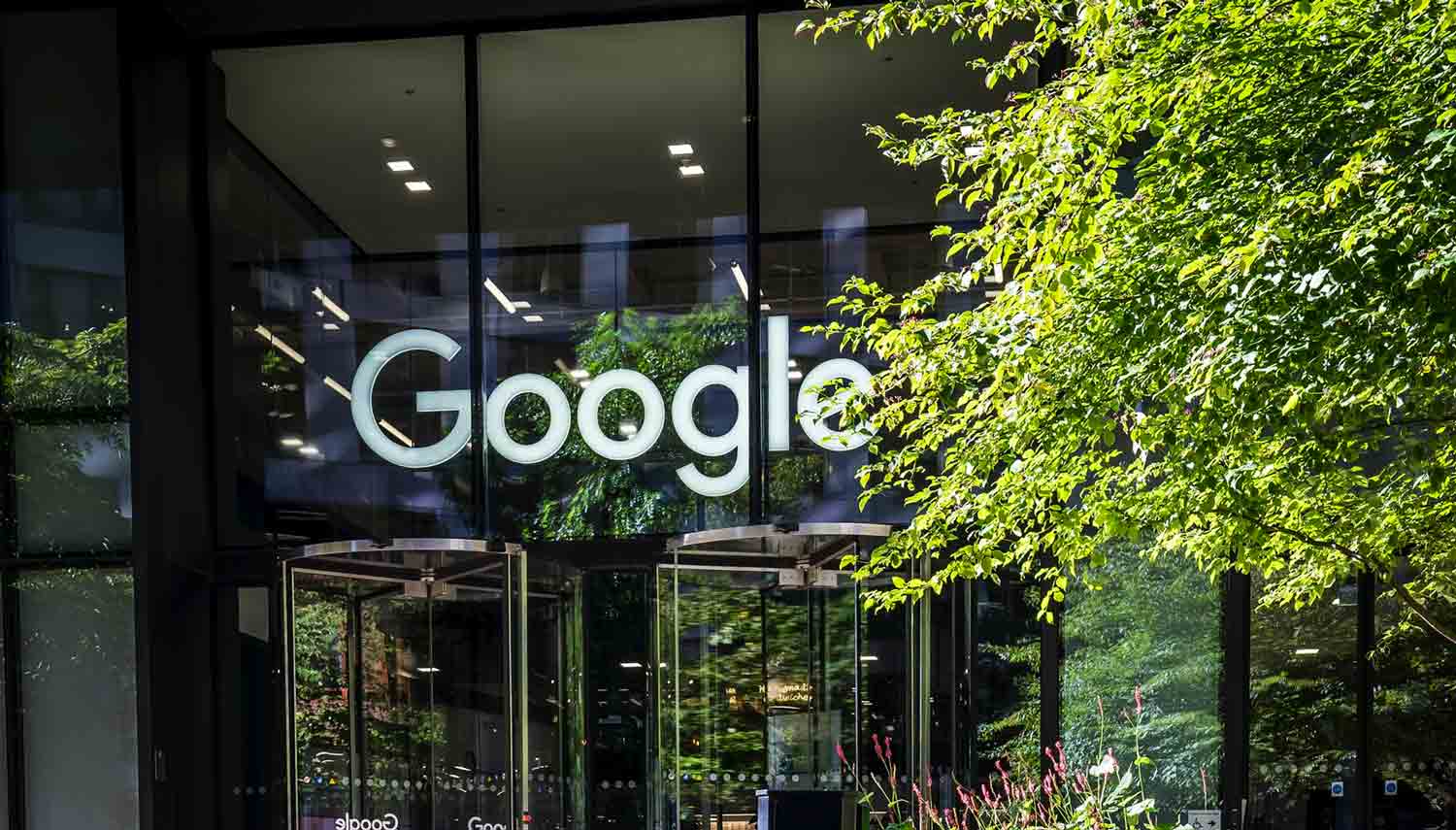

Since the early days of science fiction, storytellers have long pondered the possibilities of artificial intelligence (AI). From the earliest examples of robots and androids to more recent stories about sentient AI, science fiction has been a space to investigate the potential of AI and how it could impact human existence.
Though references to the idea of AI can be found throughout history, science fiction began to delve into the subject in the 1950s. Isaac Asimov produced a series of stories featuring robots and androids that probed the concept of AI and its potential consequences for humanity. The author’s tales considered a future in which such machines could think and act independently.
The 1960s saw further exploration of AI in the work of Arthur C. Clarke and Stanley Kubrick’s seminal film, 2001: A Space Odyssey. HAL 9000, a sentient AI, makes an appearance in the movie, and the work examines the implications of such a powerful AI. HAL 9000 is an agent capable of independent reasoning and has the ability to make decisions that significantly impact outcomes. The film explores the idea of AI having autonomy and the potential consequences that follow.
The 1970s saw new developments on the theme of AI in the writing of Philip K. Dick and the film Blade Runner. In the movie, replicants, powerful AIs, are introduced. The consequences of having machines that can think and act autonomously are laid bare as Replicants can make choices with far-reaching implications. The film additionally tackles the question of what it means to be truly human.
In the 1980s, the concept of AI was further examined by William Gibson and the movie The Terminator. The film presents the idea of Skynet, a powerful AI and the ramifications of such a technological entity. Skynet is an AI capable of autonomous reasoning and decision-making resulting in a dramatic shift in the balance of power. The movie and its extended franchise explores the idea of AI taking its own agency and the consequences that follow.
The 1990s brought in the work of Neal Stephenson and the film The Matrix, where the titular AI is introduced. The Matrix is able to think and act independently, and it makes choices that directly impact the world. The film raises philosophical questions about the nature of reality and consciousness.
In the 2000s, Steven Spielberg’s A.I. Artificial Intelligence dealt with a powerful AI called David. As with previous works, the AI can process and act autonomously, leading to significant changes in the world. The film explores issues of identity, consciousness, and what it means to be truly alive.
The 2010s saw the exploration of AI continue with Alex Garland’s Ex Machina. The film introduces Ava as a potent AI and examines the consequences of such an entity while addressing topics like gender and the ethics of experimentation.
The portrayal of AI in science fiction has remained a significant theme. It is apparent that the subject has the potential to transform humanity in a meaningful way. As technology continues to advance, science fiction will continue its quest to deconstruct and explore how AI may impact us.
Related Posts




